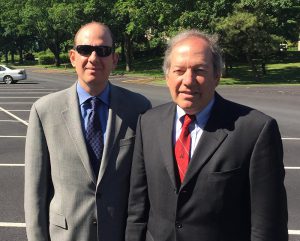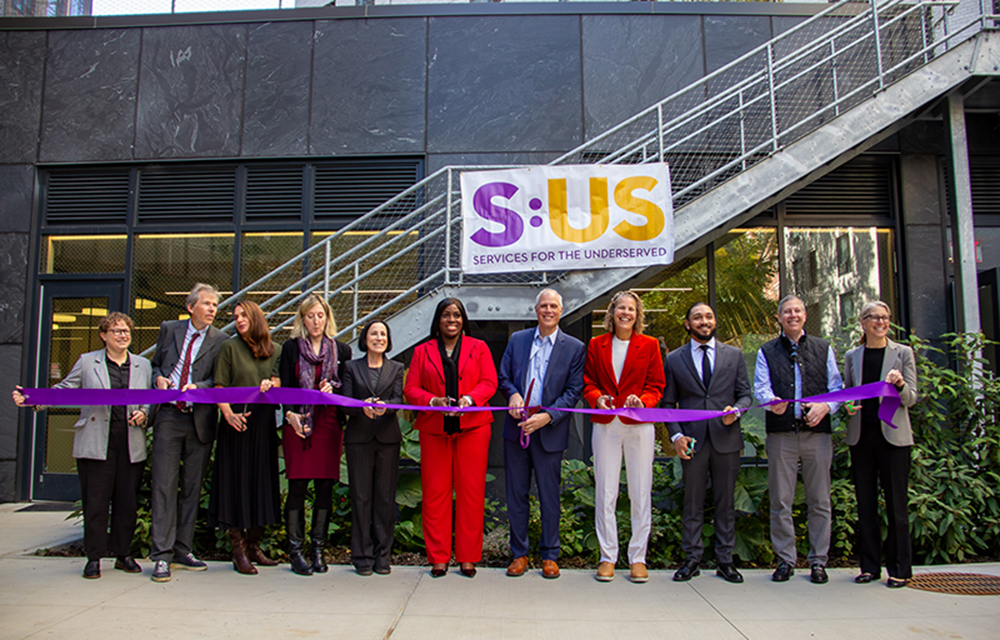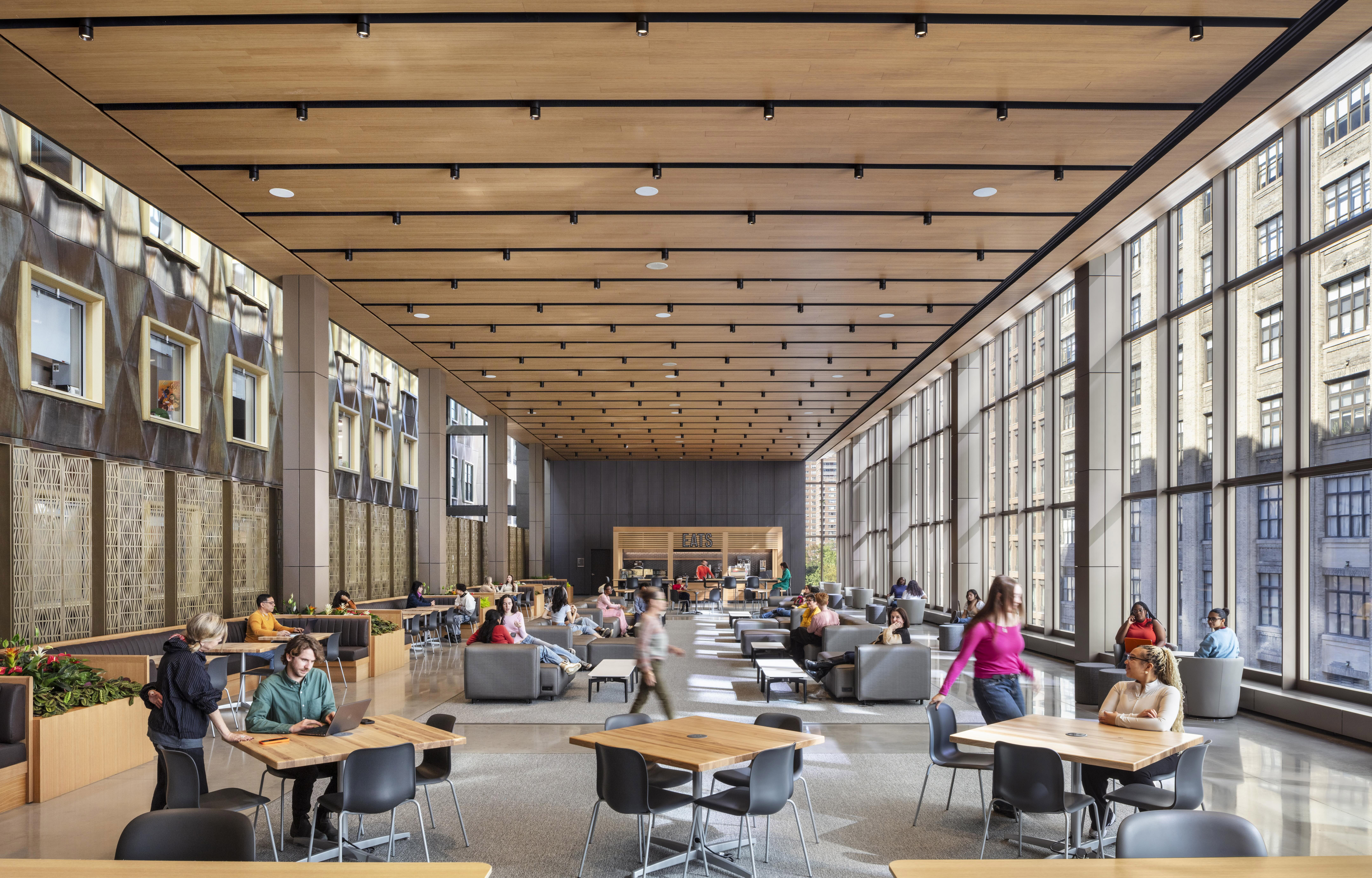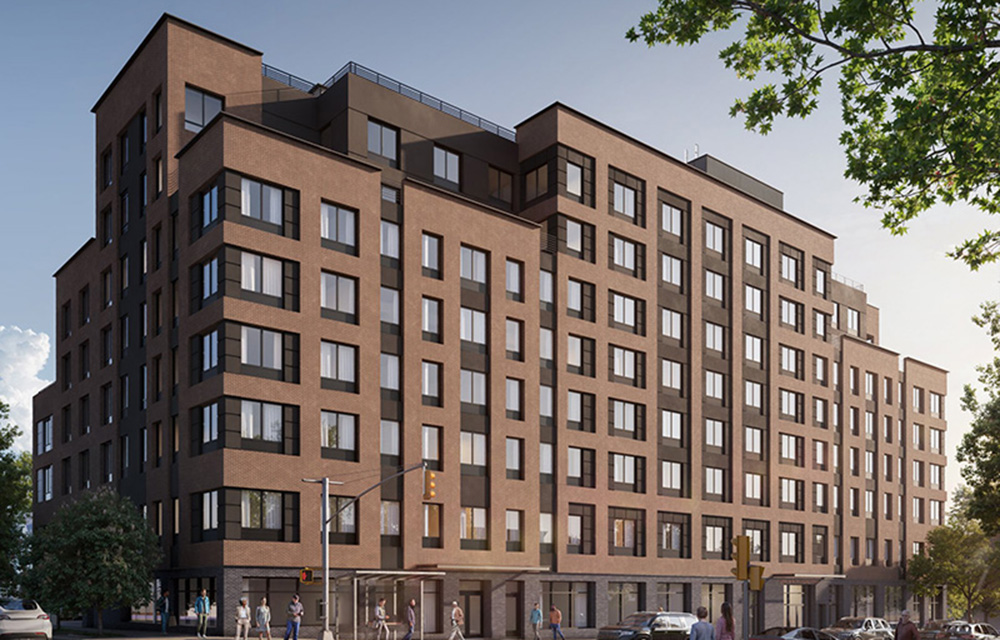MGS obtains solar carport project approval
 Shown (from left) are: Seth Mandelbaum and Greg Palmer, vice president of operations at Manhattanville College.
Shown (from left) are: Seth Mandelbaum and Greg Palmer, vice president of operations at Manhattanville College.Harrison, NY Thanks to the timely, thorough work of Seth Mandelbaum, a partner with the White Plains law firm of McCullough, Goldberger & Staudt, LLP, a solar carport project will begin to take shape this summer on the Purchase campus of Manhattanville College.
When finished, several of the campus parking lots will be covered with about 3,600 solar panels that will provide 1.1 megawatts of sustainable, emissions-free electricity. That means that Manhattanville will be able to source 20 percent of its electricity from renewable power.
Over the course of four months, Mandelbaum, whose expertise is land use and environmental law, was able to shepherd the unusual project through the approval process in the town. On April 26, the town planning board gave its unanimous OK to the carport plan. “We got through the process relatively quickly,” Mandelbaum said. “The planning board was very enthusiastic about it, as was the town planner.”
The board recognized the college as the first in town to have a Gold-rated building under strict Leadership in Energy & Design (LEED) guidelines. While some solar systems are set up to sell electricity back to the grid, this one will be self-contained within the campus, Mandelbaum said. It will provide electrical power directly to campus dorms and classrooms. “They’ll be able to reduce by 20 percent what they pay for,” he said.
Solar carports are attracting very strong interest among sustainable electrical systems. It’s a relatively easy and cost-effective way for large institutions to take advantage of sun-drenched, flat space they already have, while avoiding the difficulties of solar installations on pitched roofs that may not get enough sun to make it worthwhile. Plus, these solar canopies provide welcome shady parking spots on hot summer days. And that’s another way they add to sustainability – no need to crank up the A/C to cool down an overheated car.
California so far has proved to be the bedrock of the solar carport industry, but other states are catching up. In the tri-state area, they are in use at Whole Foods Market in Brooklyn, Freshkills Park on Staten Island and the Liberty Science Center in Jersey City, N.J. Rutgers University also has a vast solar carport installation across 28 acres of its campus in New Brunswick, N.J.
At Manhattanville, construction of the steel supports and installation of the dark gray panels, some of which will be mounted on the ground, should begin in mid to late July and take three to four months. “By the end of October, we should be totally online,” said Greg Palmer, vice president of operations at the college.
A number of other ways to reduce energy consumption on campus are under way, he said, including replacement windows, better controls on boilers and air-conditioning units and LED replacement lighting. Once the solar carport is in place, look for new charging stations for electric cars.
For Mandelbaum, shepherding this innovative project through the town is just the kind of job he likes. “I’ve always been interested in alternative energy and cutting-edge technologies,” he said. “I’ve done lots of these types of projects throughout my career and I hope to do more.”
Troutbrook expands with boutique condo project and Marriott Fairfield Inn & Suites renovation








.gif)
.jpg)
.gif)
.gif)